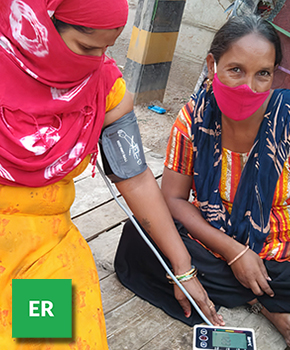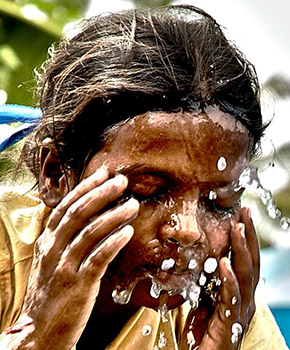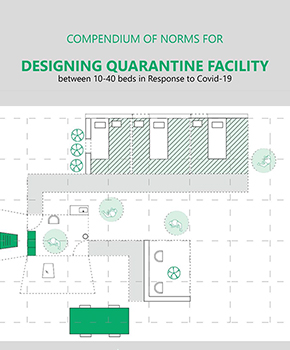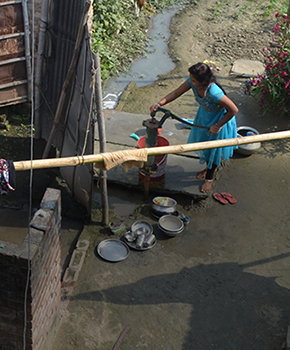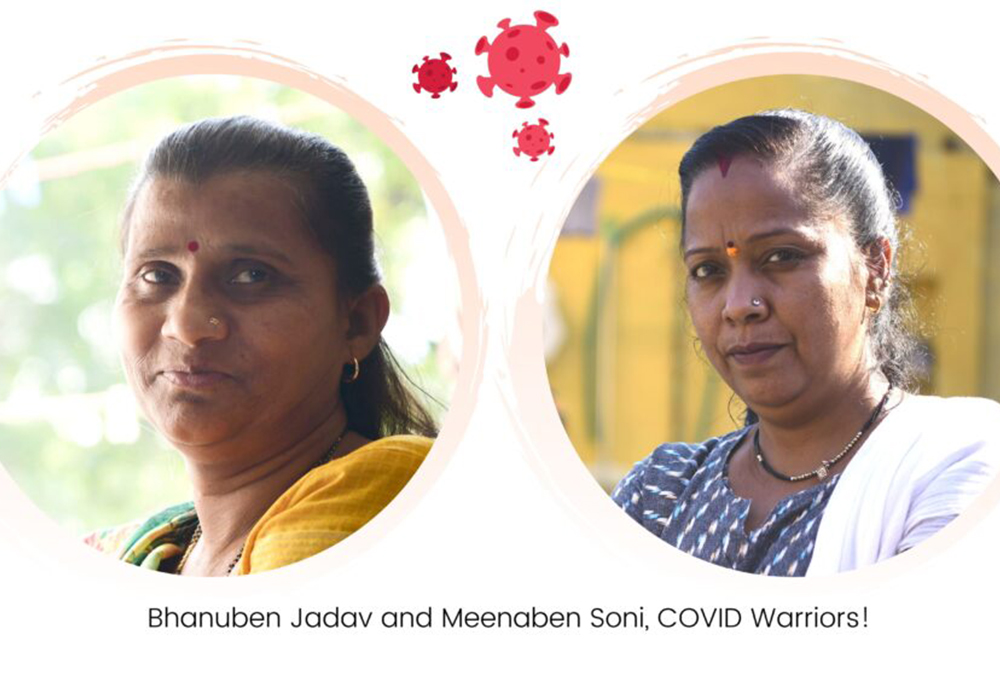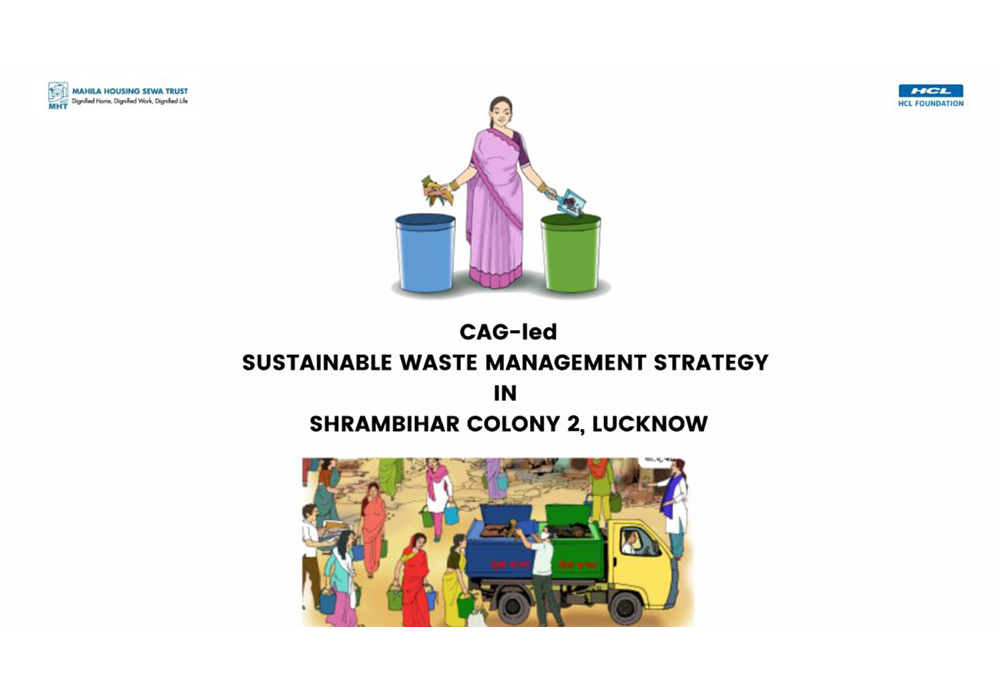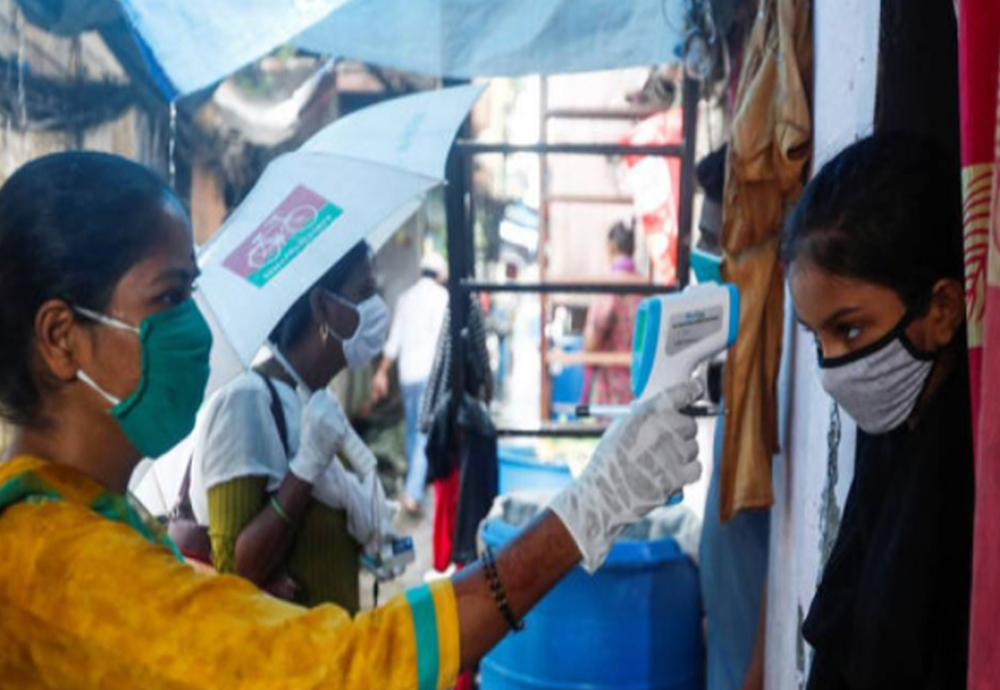Community Disaster Response and Recovery
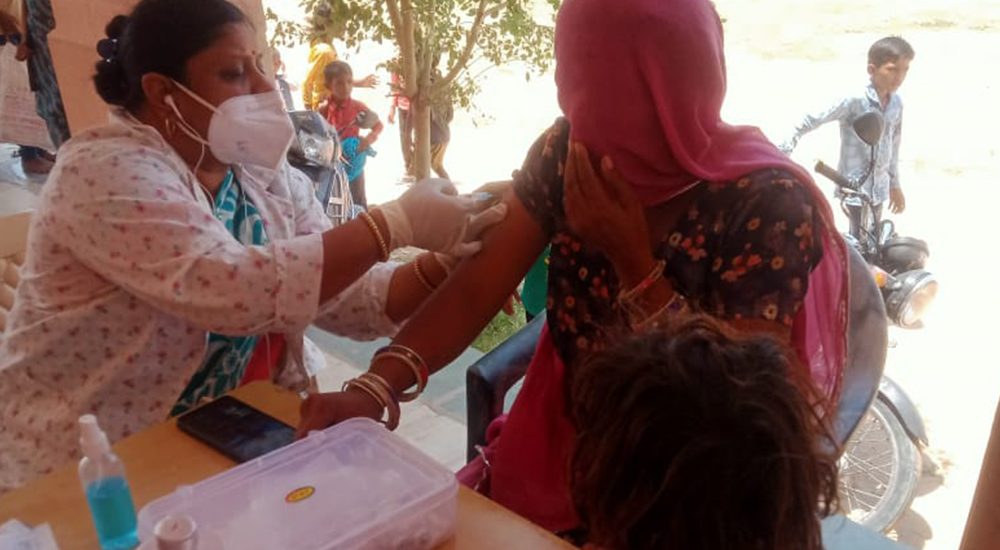
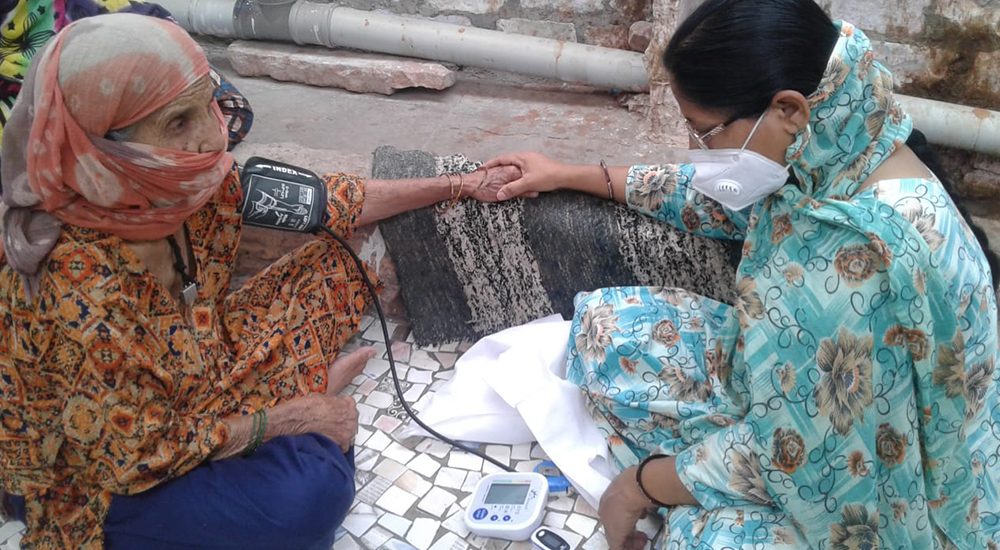
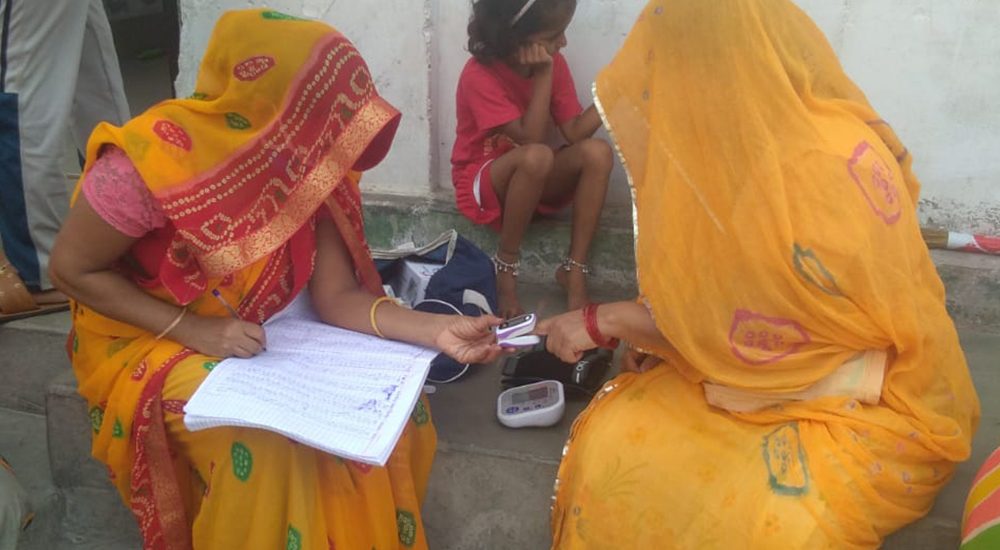
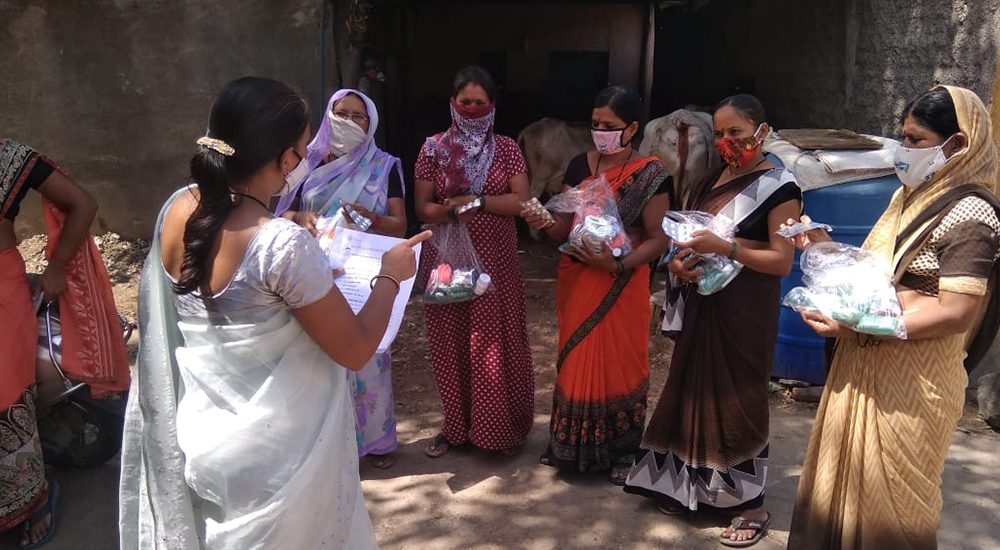
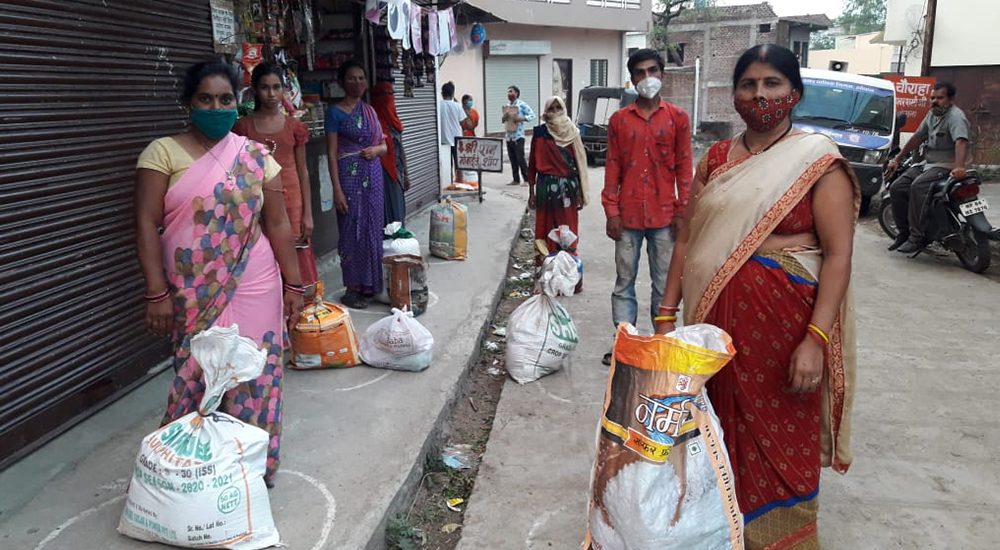
Providing immediate post-disaster relief
As an organization deeply rooted in grassroots work, we have been on the front lines of emergency relief work in several past crises, arranging for relief materials, providing trauma counselling, and supporting rehabilitation. During the COVID-19 pandemic, the extended lockdowns severely impacted the livelihoods of informal sector workers, leaving families in dire straits and unable to afford food and essential sanitation items such as soaps, masks, and sanitizers. We reached 15 lakh (about 1.5 million) individuals through our relief work, providing them with basic necessities like food and health kits.
Community-driven disaster response and recovery
Our biggest strength in connecting effectively with communities has been our Community Action Groups (CAGs)—a network of women leaders spread across 428 groups, surveying conditions and implementing change at the grassroots. Over the past 25 years, we have built these networks by empowering women from vulnerable communities; in turn, they have enabled us to reach out to each community member and conduct community-driven disaster response and planning efforts.
During the COVID-19 crisis, the CAGs played a central role in identifying community demands, disseminating timely and accurate information, identifying the demands of communities, and ensuring the efficient, effective, and inclusive distribution of relief.
Building long-term resilience to disasters
Our work extends beyond immediate relief and focuses on long-term recovery, capacity building, and mitigation and adaptation strategies that build resilience. Our grassroots engagement with vulnerable communities has helped us to identify key vulnerabilities and to inform recommendations for targeted interventions. MHT is also working on developing a financial support and compensation strategy for future crises, keeping the constraints of the urban poor communities in mind.
Impact



Resources
